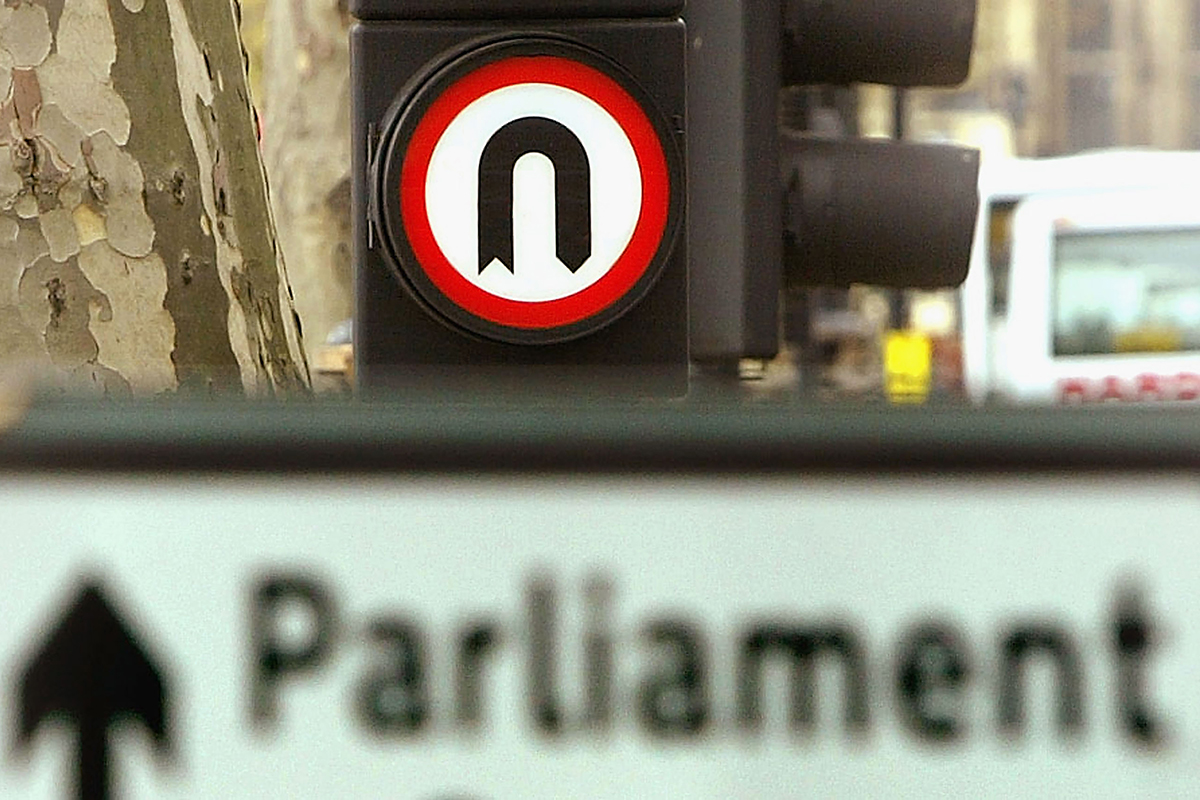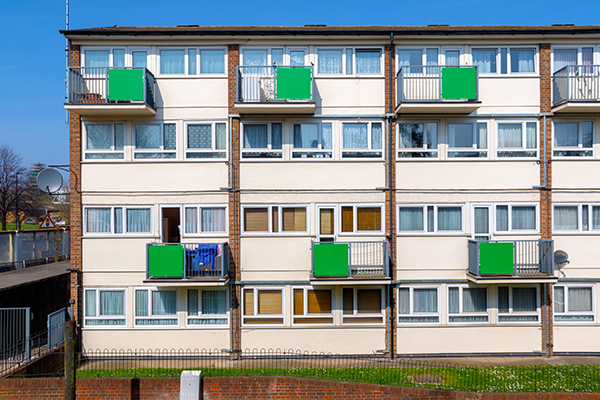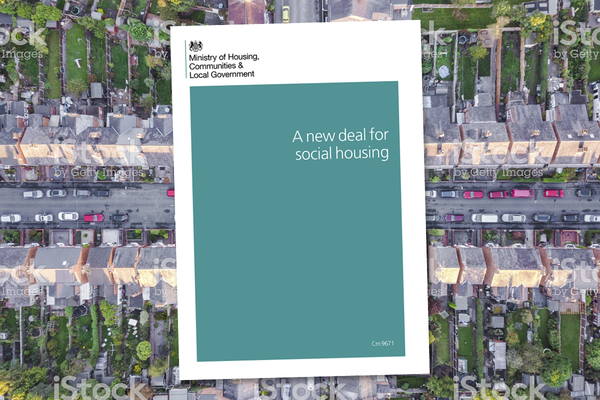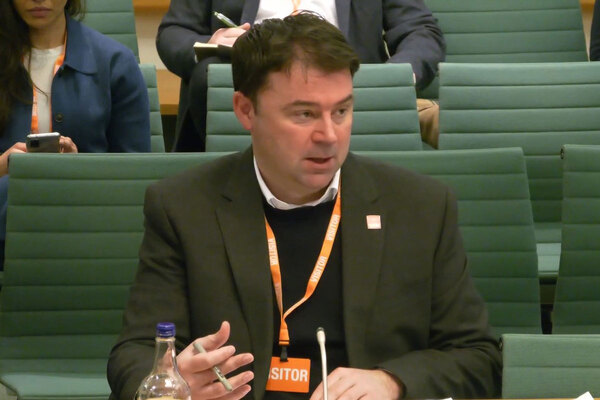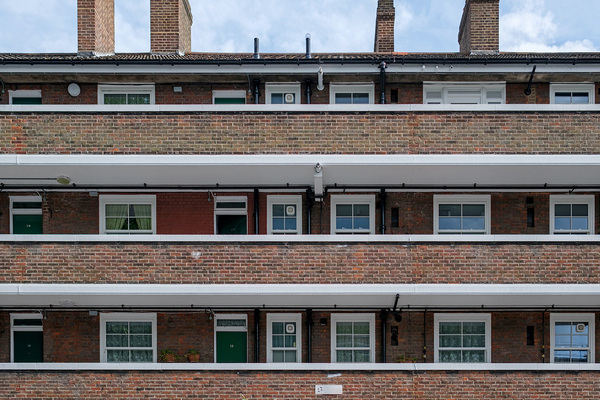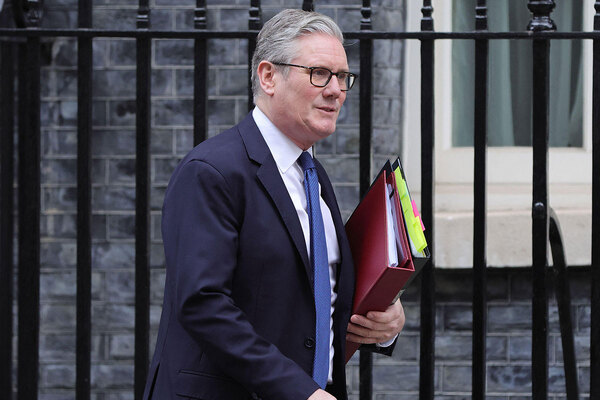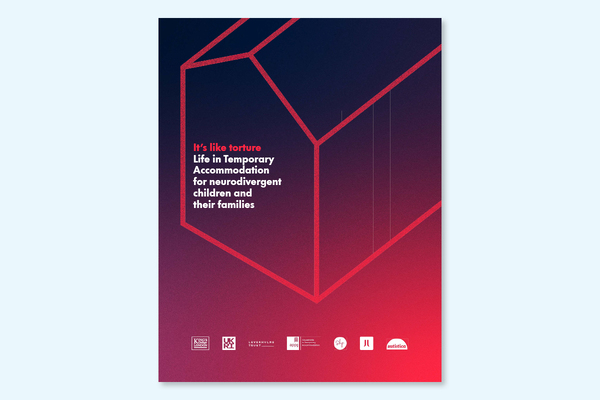You are viewing 1 of your 1 free articles
The green paper: a golden opportunity missed?
Melanie Rees assesses the Social Housing Green Paper against recommendations drawn up by the Chartered Institute of Housing and finds the government comes up short
Our Rethinking Social Housing report, launched earlier this year, concluded that the time has come to reclaim social housing as a central pillar of society alongside education and the NHS, and set out an ambitious new vision for affordable housing.
So how does yesterday’s long-awaited green paper stack up against our recommendations?
Adopt a common definition and understanding of the role and purpose of social housing
In our view, social housing is decent, secure housing which is affordable to people on low incomes, wherever they may live in the country, provided by not-for-profit organisations. Some of the language used in the green paper is encouraging – communities secretary James Brokenshire talks about ‘reaffirming’ housing “as this country’s first social service – for everyone” while it also acknowledges that “there has been a stark failure to recognise and celebrate the best examples of community spirit in social housing in the same way that people take pride in the NHS.”
“The green paper creates confusion by using the term ‘council housing’ when ‘social housing’ would be more appropriate”
But it goes no further in developing or endorsing a common definition and, in places, creates confusion by using the term ‘council housing’ when ‘social housing’ would be more appropriate, in addition to defining it as encompassing homes at below market rents and shared ownership.
Ensure that tenants have a voice
We think the government should be giving tenants the power to shape the direction of future government policy at a national level, so it’s good to see that the green paper is asking whether we need a stronger representation for residents at a national level and how this can best be achieved.
On an individual level, there are some sensible suggestions - including piloting new ways of communicating and engaging with tenants – but no real game changers.
Increase the supply of genuinely affordable homes
This for me is where the green paper really falls down. We can only truly start to tackle the chronic shortage of affordable housing in this country by putting social housing at the centre of government plans to solve the housing crisis.
When then-communities secretary Sajid Javid announced the green paper last year, he said that ‘getting more of the right homes built in the right places’ would be at the heart of the proposals, but this simply isn’t the case.
There are some welcome proposals, including looking at what more can be done on the borrowing cap for local authorities, giving councils more flexibility on right to buy receipts and dropping the proposal to force councils to sell high-value vacant homes to fund the extension of right to buy to housing associations (although it’s unclear now how that extension will be funded).
But we need much more ambition, not just tinkering around the edges.
We need to think big – for example by suspending the Right to Buy altogether and shifting investment away from the private market towards affordable housing, prioritising social rent.
In Rethinking social housing, we proposed that social housing rents should be linked to local incomes, but the green paper is largely silent on the issue of rent-setting.
We also need to make sure that welfare policy is not undermining efforts to provide genuinely affordable housing.
The green paper acknowledges that residents and landlords have raised issues about “their experience of welfare reform and concerns that universal credit was contributing to rent arrears.” But it concludes simply that ‘the government has listened’, citing targeted affordability funding and the recent changes to universal credit.
“We need much more ambition, not just tinkering around the edges”
This just isn’t good enough – homelessness has jumped by more than 40 per cent since 2009 and the government urgently needs to review the role of welfare policy in contributing to this rise.
Make sure that existing homes and neighbourhoods are good quality and well-managed
We have called on landlords to review their tenant scrutiny processes and the way that tenants are able to compare their performance in management and maintenance, so it’s good to see the government thinking along the same lines.
The same goes for the proposals to strengthen the role of the regulator for social housing. We agree that the Decent Homes Standard needs reviewing and updating – we have been suggesting this for some time, most recently in Rethinking Social Housing.
It’s clear that some of the proposals need further examinations, for example linking affordable homes programme funding to landlords’ key performance indicators – as the paper itself acknowledges, how will this work for landlords not developing new homes?
Most encouragingly, the green paper says: “We want to encourage professionalisation, building on the work already delivered by organisations such as the Chartered Institute of Housing.
What is needed to further encourage the professionalisation of housing management to ensure all staff deliver a good quality of service?” We’re committed to working with the government to make sure that everyone involved in housing management has the skills and professionalism they need.
Challenge stigma and stereotyping
Stigma was one of the biggest issues raised by tenants in the workshops and surveys we carried out to inform Rethinking social housing, and also in the engagement events held by the government to contribute to the green paper.
The paper’s commitment to combat this stigma and the recognition of campaigns such as Benefit to Society is welcome, but I’m not sure how far suggestions such as “supporting or delivering a best neighbourhood competition’ will actually go to achieve this.
Ministers also need to recognise how their own language and policies contribute – the green paper talks about “ensuring social housing is a springboard to homeownership”. If social housing is something to be proud of, why should this need to be the case for everyone?
As our chief executive Terrie Alafat recently wrote, tenants and landlords were looking for something of real substance and ambition from the green paper.
The time has come to reclaim social housing as a pillar of the society we want to be, along with free health care and education.
And we must push on – creating an ambitious vision of what a plentiful supply of social housing can do to help people thrive in communities that prosper.
Ministers had a golden opportunity to kickstart this process with the green paper – and I’m not sure they have grasped it.
Melanie Rees, head of policy, Chartered Institute of Housing
Social Housing Green Paper: full coverage
All our Social Housing Green Paper coverage in one place:
Green paper measures are not enough to create May’s ‘new generation’ of council homes Green paper proposals are welcome but much more is needed to support councils to build, writes John Bibby
Green paper shows ministers now see associations as trusted partners Focusing on the failure of the green paper to address supply misses the point, writes Boris Worrall
Government should focus on building on what is already strong Philippa Jones considers the Social Housing Green Paper through a slightly different lens
We need more than a week of delayed announcements bundled together Jules Birch reflects on the government’s ‘Housing Week’ announcements
The regulator should monitor how associations assist homeless people Government announcements this week are positive, but any enhanced role for the English regulator should include looking at homelessness prevention work, argues David Bogle
The regulator’s role should be limited to dealing with systemic failures Julian Ashby suggests the Housing Ombudsman Service should deal with all complaints
The green paper shows ministers are in listening mode Despite some glaring omissions, the government appears to be in listening mode and it is important the sector takes advantage, argues Emma Maier
A short history of social housing league tables Attempts to create league tables for housing associations are nothing new. Mervyn Jones looks at how they have worked in the past
League tables could prove blunt and counter-productive, sector warns Housing figures criticise government proposals to measure social landlords against performance indicators
Government ‘must decide how proactive regulator should be’ on consumer standards Ministers now face a dilemma over the regulator’s focus, sector figures say
The Green Paper: a golden opportunity missed? Melanie Rees assesses the Social Housing Green Paper against recommendations drawn up by the Chartered Institute of Housing and finds the government comes up short
Longer strategic partnerships and guranteed debt to boost social housebuilding The Social Housing Green Paper outlines key ways of boosting supply
The green paper is remarkable progress but it is still not enough The green paper suggests the government appears to be re-writing much of its policy since 2010, but more needs to be done, writes Jules Birch
Green paper marks a ‘milestone’ on resident involvement The government’s recognition residents need clear information is to be welcomed, now it up to the sector to embrace tenant involvement, writes Paul Hackett
Ministers consider stock transfer programme to community-led associations The stock transfer programme could be revived under proposals in the housing green paper
Access to housing grant could be tied to new league tables Grant could be awarded according to how well landlords meet performance indicators, the paper suggests
Ofsted-style regulation of tenant services proposed The government is considering expanding the Regulator for Social Housing’s remit to intervene over tenant services and give it a more “proactive approach to enforcement”
Government proposes dropping one-for-one Right to Buy replacement commitment A consultation paper published alongside the green paper proposes a broader measurement to replace the one-for-one pledge
A list of recent housing policy U-turns The green paper confirms yet more housing policy U-turns from the government, which has spent the past two years dropping policy ideas developed under the David Cameron government. Here is a rundown of the major changes in policy direction
Sector welcomes green paper but calls for more ‘ambitious investment’ Reaction to the proposals, from the National Housing Federation, Chartered Institute of Housing and more
Morning Briefing: reaction to green paper announcements how the media reported the proposals trailed by the government overnight
Government drops plans to force councils to sell higher-value stock The government drops plans to force councils to sell higher value homes
League tables and ‘sharper teeth’ for regulator in social housing green paper Ministers reveal some of the things in the paper ahead of its publication
Grenfell survivors: green paper does not go far enough survivors of the Grenfell Tower fire have said the measures published in the Social Housing Green Paper do not do enough to rectify issues in the social housing sector
KEY PROPOSALS IN THE SOCIAL HOUSING GREEN PAPER
- New 'league tables' of housing providers based on key performance indicators, surrounding services such as repairs and neighbourhood management. This could be linked to housing grant.
- Consideration to scrapping of the current 'serious detriment' test, to allow 'Ofsted-style' tougher consumer regulation
- New home ownership options such as allowing tenants to buy as little as 1% of their property each year through shared ownership. This would only apply to new shared ownership purchases.
- Ditching of plans to force social landlords to offer fixed term tenancies rather than lifetime tenancies in social housing
- Ditching of plans to force councils to sell off their most valuable social housing when it becomes vacant
- The potential introduction a new stock transfer programme from councils to 'community-led' housing associations
- The return of guaranteed debt funding to help the development of affordable homes, and longer term 'strategic partnerships' for developing housing associations
Related stories


